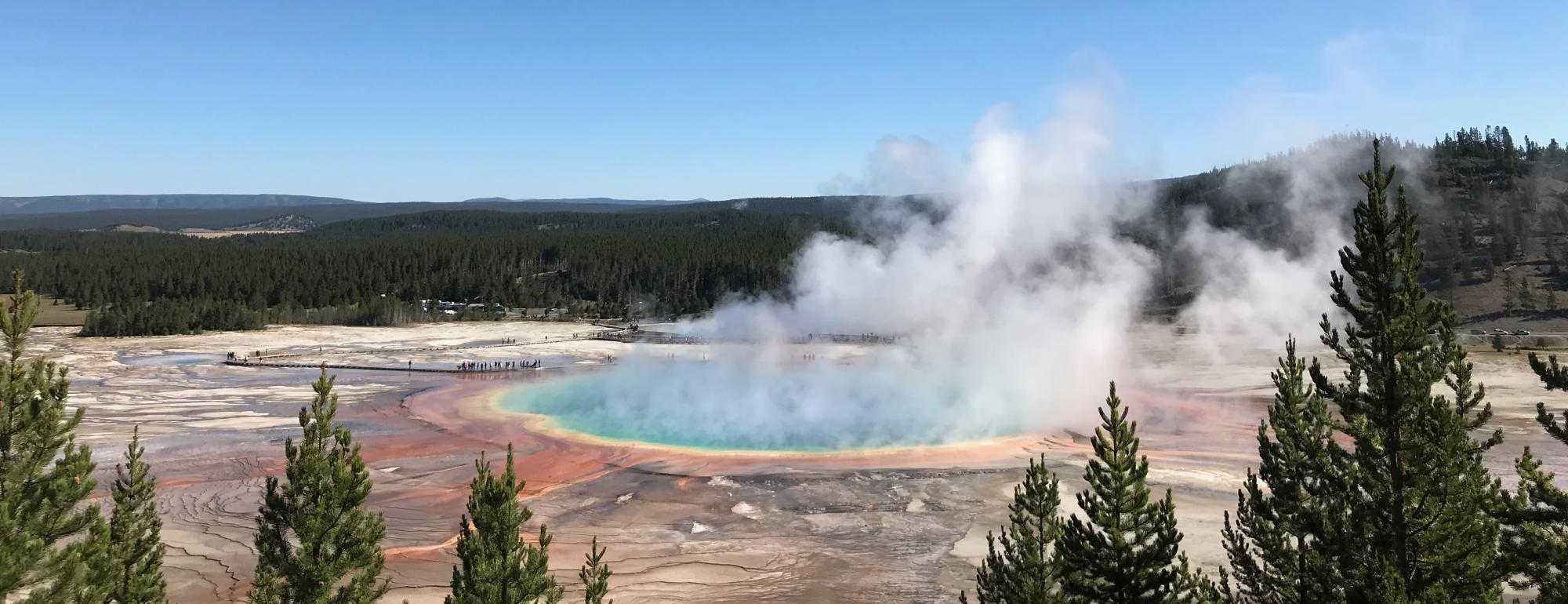UC Davis has many opportunities for undergraduates to participate in high-quality, hands-on research – and the marine sciences are no exception.
MCS Research or Internship Major Requirement
The Marine and Coastal Science major requires three units of Research or Internship. Your Research project or Internship must be:
- Upper Division: Done after you have completed 90 units.
- Marine-related: This is defined broadly as anything affecting the marine or coastal environments.
- Educational: There must be learning happening during your research or internship experience.
The major requires 3 units by the time you graduate, which is equivalent to 90 total hours.
Research Opportunities
How to find Research or Internship positions
A good way to get started is to think of areas you want to learn more about, then speak with faculty members in that area or who have taught classes you enjoyed. Talking with graduate students and teaching assistants is another effective and approachable way to get involved. Learn a little about what they do online, then email them or visit them at office hours with a short introduction of yourself and your interests. Let them know a little about what you hope to learn, and ask if they have opportunities for undergraduates to join their lab or project. It’s appropriate to follow up over email or reach out to multiple faculty or graduate students in order to find a good fit.
Students wanting to know basic information about undergraduate research at UC Davis are encouraged to visit the Undergraduate Research Center. They provide information to get you started, funding, opportunities for publishing, and the annual undergraduate research conference.
Marine and Coastal Science advisors, faculty advisors, and the CMSI Lead Mentor can also help you find research opportunities. Faculty advisors can provide excellent guidance, and are a great place to start networking in order to find research positions.
- Advice for reaching out
- Blog: 8 Tips to Ask a Professor to Be Your Mentor
Blog: Finding Undergraduate Research Internships
Webinar: Getting Involved in Marine Science Research at UC Davis
Blog: Demystifying Undergraduate Research Experiences by 2020-2021 CMSI Lead Mentor Priya Shukla
Undergraduate Research Center: Getting Started FAQs
The Transfer Research Society at UC Davis is a dedicated space for transfer students to find support in securing research positions
A student's guide to undergraduate research, Nature
Getting involved in research as an undergraduate: nuts and bolts, American Psychological Association
Depending on the lab you join, you might have an opportunity to grow your research project into a Senior Thesis. A Senior Thesis is a research project that is more formalized and spans two academic quarters. Completing a senior thesis is a great way to go more in-depth on a research project, especially as practice for graduate school work. Talk to your faculty mentor or academic advisor about the logistics and registration process for this course, usually numbered 194A-B or 194HA-HB.
You can also talk with your research mentor about opportunities such as funding, travel to professional conferences, and getting published.
For internships, visit the MCS Internships and Careers page.
Advice: Start looking for research positions early; don’t wait until the start of your Senior year to search for opportunities.
After you have found Research or an Internship
To request unit credit:
- Find a faculty sponsor. This will most likely be the Principal Investigator, or faculty member in charge, for your lab. For an off-campus research project or internship, you can ask an MCS Faculty Advisor to be your sponsor.
- Speak with them about expectations for a passing grade. For example, they might want to speak to your internship supervisor at the end of the quarter, or have you write a paper about what you've learned during your research experience.
- Identify this faculty member’s home department. This is the course code you will sign up under (for example: WFC 199 for someone in the WFC department).
- Work with that department’s academic advisor to sign up for the 192 (internship) or 199 (research) units for that quarter. They may need to see permission from the faculty sponsor, such as an email you can forward.
- Register for the course. Each 3 hours of work per week is equivalent to 1 unit. Schedule Builder defaults 192s and 199s to 1 unit, so you will need to change this manually by the fifth week of the quarter if applicable.
You may decide not to register for a course, for example, if you are participating in research as part of a summer experience or study abroad program. In this case, have your project supervisor email the MCS major advisor with verification that you have completed a research project or internship. Be sure to include whether the project was marine-related, educational in nature, and list how many hours you completed.
Funding
The Department of Earth and Planetary Sciences, campus as a whole, and external agencies all provide funding for research supplies and travel to professional conferences. Your research mentor should help guide you in finding and completing applications for research funding. Find a list of additional funding opportunities at MCS Honors, Awards, & Scholarships.
It is UC Davis Earth and Planetary Sciences Department policy that paid research, senior thesis, or internship positions can also give unit credit.
Conferences
Presenting your research is a great way to practice communicating it to a broad audience, network with others, and prepare for your career. Learn more at Careers in Marine Science.


